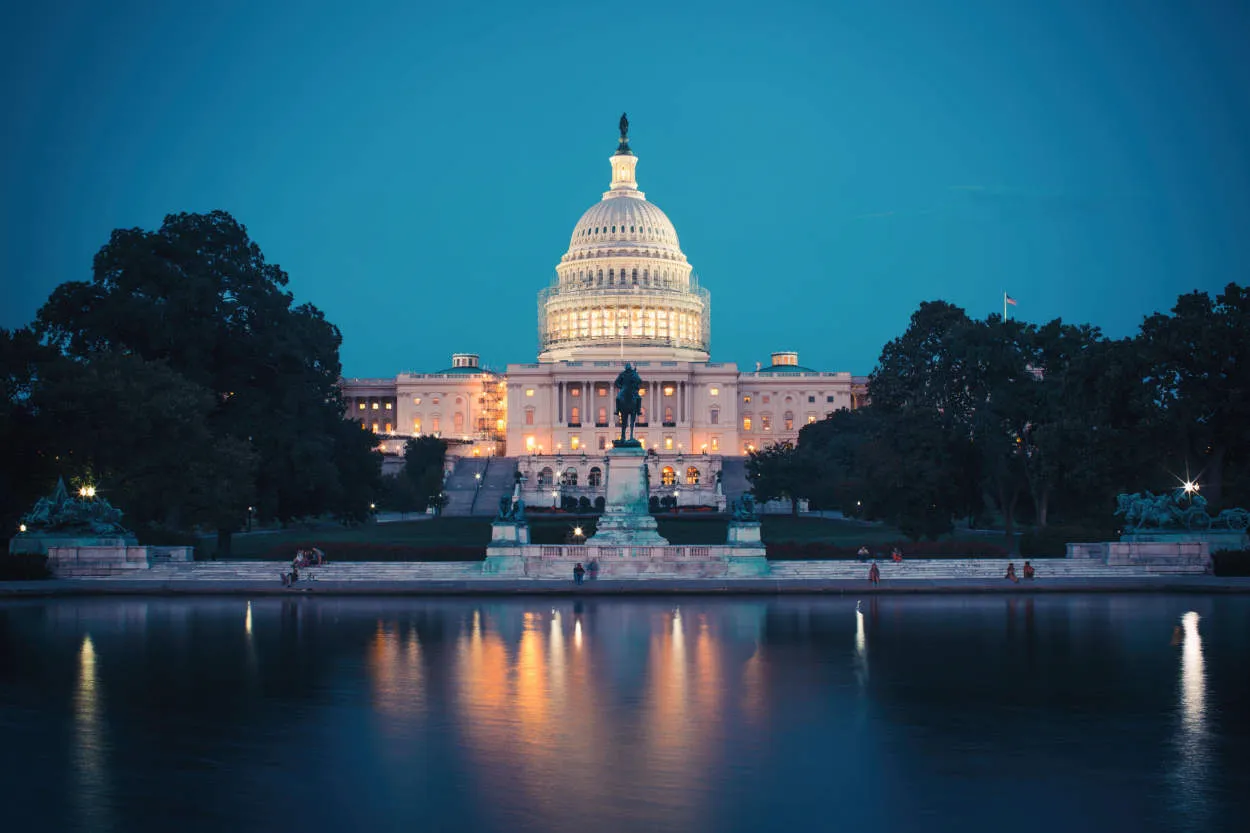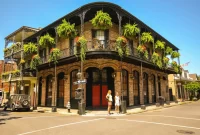Located on the east coast of the United States, Washington, D.C. stands as a captivating capital city, rich in both history and politics. With iconic landmarks like the White House, the Capitol Building, and the Lincoln Memorial, this vibrant city offers a unique blend of cultural heritage and governmental power.
A Brief Overview
Washington, D.C.: A Capital City of History and Politics
Washington, D.C., the capital of the United States, is a city steeped in rich history and vibrant politics. Known for its iconic landmarks, such as the White House and the Capitol Building, this city has been at the center of political power since its establishment.
As a capital city, Washington, D.C. is home to the three branches of the U.S. government – the Executive, Legislative, and Judicial. It is where significant decisions that shape the nation’s policies and laws are made.
Beyond its political significance, Washington, D.C. is filled with numerous museums, galleries, and historical sites. The Smithsonian Institution, comprising several museums and research centers, stands as a testament to the city’s dedication to preserving and showcasing American history, art, and culture.
Moreover, the city is known for its vibrant neighborhoods, each with its own distinct character. From the upscale Georgetown to the diverse and multicultural Adams Morgan, there is something for everyone in Washington, D.C.
Visitors to Washington, D.C. can also explore the National Mall, a vast green space that stretches from the Capitol Building to the Lincoln Memorial. This iconic area is home to numerous memorials and monuments that honor important figures and events in American history.
In conclusion, Washington, D.C. stands as a capital city that intertwines history with politics. It offers a treasure trove of experiences for visitors, from exploring its iconic landmarks to immersing oneself in the rich cultural heritage that the city has to offer.
Historic Landmarks in Washington, D.C.
Washington, D.C. is not only the capital city of the United States but also a city rich in history and politics. It is home to numerous historic landmarks that tell the story of the nation’s past and its development into a global power.
One of the most iconic landmarks in Washington, D.C. is the Washington Monument. Standing at a towering height of 555 feet, this marble obelisk was built to honor the first President of the United States, George Washington. Visitors can take an elevator to the top for panoramic views of the city.
The Lincoln Memorial is another significant landmark that pays tribute to the 16th President, Abraham Lincoln. This majestic white marble monument features a seated statue of Lincoln and is a symbol of unity and equality.
Located on the National Mall, the United States Capitol is where Congress meets to discuss and create laws. Its impressive dome and neoclassical architecture make it a recognizable symbol of American democracy.
The National Archives Building houses some of the country’s most important historical documents, including the original Declaration of Independence, the Constitution, and the Bill of Rights. It offers a glimpse into the birth of the nation and its founding principles.
For those interested in American history, a visit to the Smithsonian Institution is a must. It is the world’s largest museum and research complex, with multiple museums and galleries dedicated to various topics, such as American history, natural history, and aviation.
Other notable landmarks include the White House, the official residence and workplace of the President, and the Jefferson Memorial, which honors the third President, Thomas Jefferson.
Washington, D.C.’s historic landmarks not only provide insight into the nation’s past, but they also serve as reminders of the values and ideals that the United States was built upon.
The Political Significance of the Capital
Washington, D.C., the capital city of the United States, holds immense political significance on both a national and international level. As the hub of the American government, it serves as a symbol of democracy and power.
Being the center of government, Washington, D.C. is the main stage for political decisions that shape the nation. It houses the White House, where the President resides and carries out executive duties, and the Congress, where lawmakers debate and enact laws. The decisions made within these iconic buildings have far-reaching impacts on the lives of all Americans.
Besides its national importance, Washington, D.C. also plays a significant role in global politics. It serves as the home for numerous embassies, allowing diplomatic relations between the United States and other nations to flourish. The city hosts various international summits and conferences, where leaders from around the world gather to discuss important global issues.
Furthermore, the historical significance of Washington, D.C. cannot be overlooked. It is rich in landmarks and monuments that pay tribute to the nation’s founding fathers, historical events, and pivotal figures. Visitors from all corners of the globe come to experience the historical essence of the capital.
Overall, Washington, D.C. stands as a testament to the political significance and influence of a capital city. It serves as a constant reminder of the democratic ideals upon which the United States was founded and remains a key player in shaping both national and international politics.
Conclusion
In conclusion, Washington, D.C. is not only the political capital of the United States but also a city rich in history. Its iconic landmarks, museums, and monuments tell the story of the nation’s past and present. The city’s vibrant political scene and cultural diversity make it an exciting destination for both history enthusiasts and political junkies alike.




